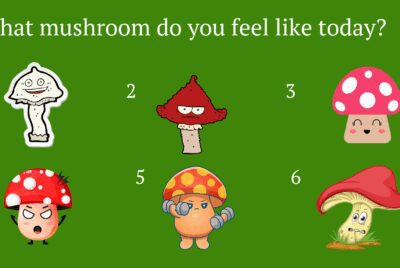RESEARCH
A Horticultural Therapy Program Focused on Succulent Cultivation for the Vocational Rehabilitation Training of Individuals with Intellectual Disabilities
Summary
This study aimed to develop and assess a horticultural therapy (HT) program focused on succulent cultivation for vocational rehabilitation training of individuals with intellectual disabilities. Twenty-eight participants from a welfare center in South Korea engaged in eight weekly sessions at a succulent farm, learning skills such as making mixed soils, taking cuttings, transplanting, watering, and arranging succulents. Before and after the program, researchers measured hand function (grip strength, dexterity), emotional behavioral strategies, and social skills.
The results showed that after participating in the HT program, participants demonstrated significant improvements in hand function, emotional behavior, and social skills (all p < 0.05). The study suggests that this horticultural therapy program has potential for vocational training of individuals with intellectual disabilities.







